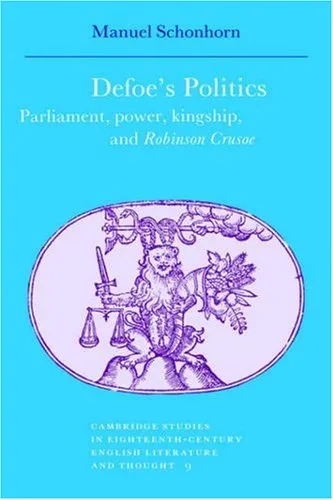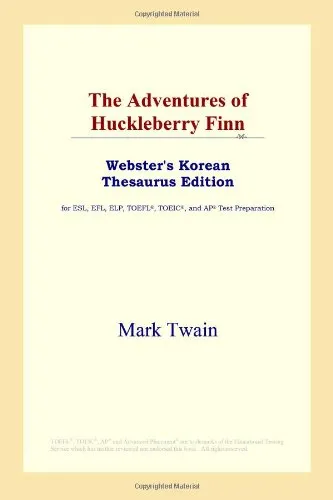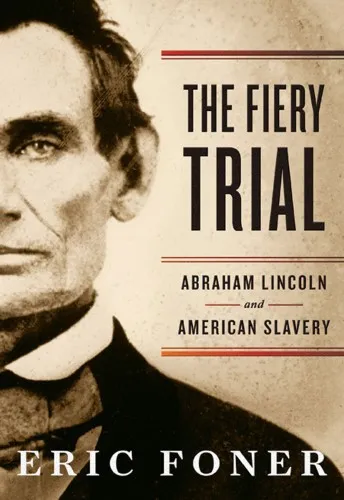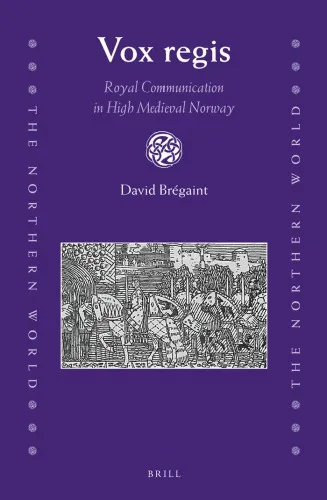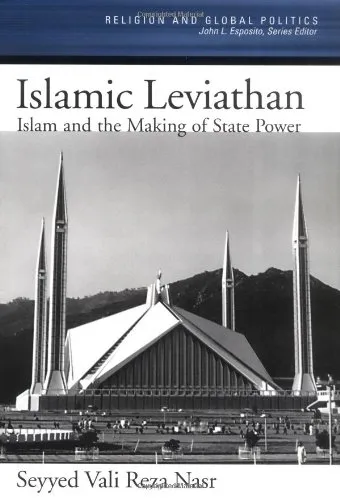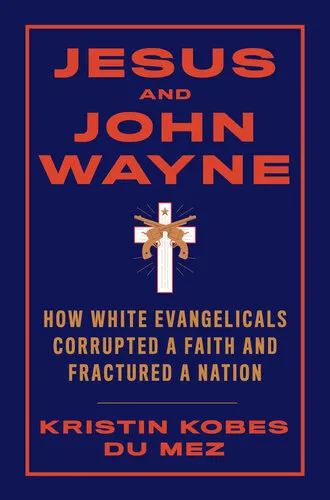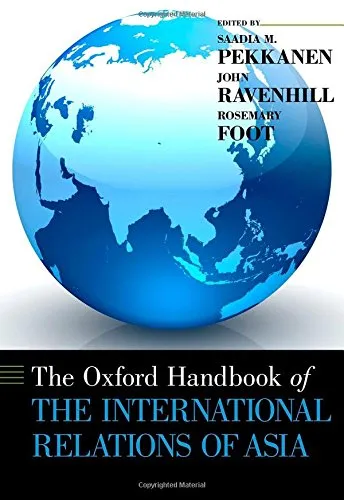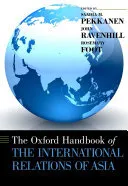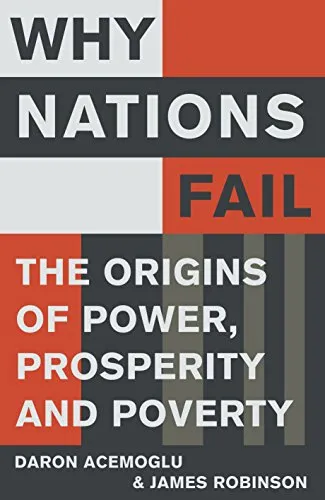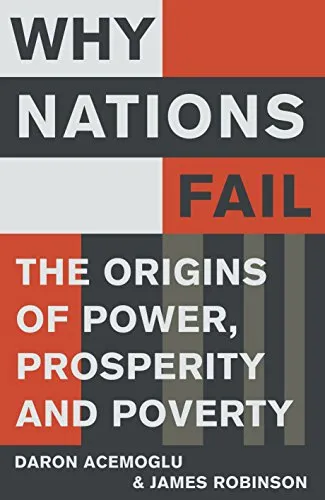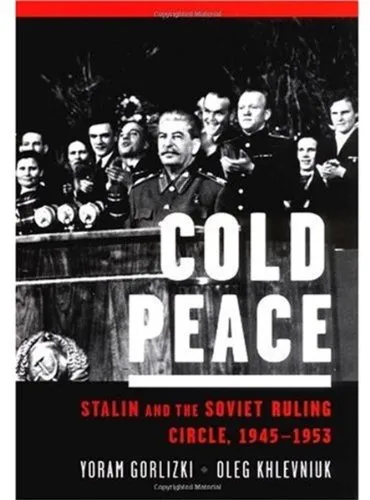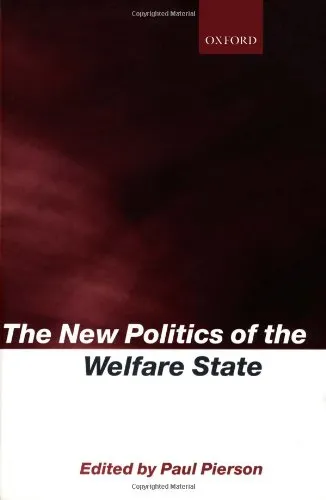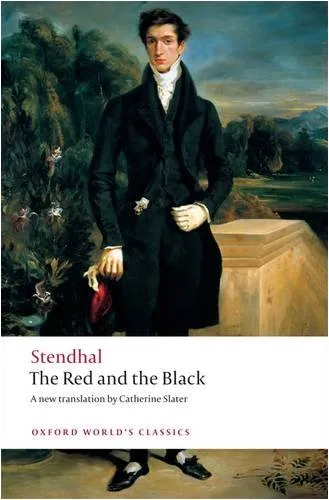Defoe’s Politics: Parliament, Power, Kingship and ’Robinson Crusoe’
4.3
Reviews from our users

You Can Ask your questions from this book's AI after Login
Each download or ask from book AI costs 2 points. To earn more free points, please visit the Points Guide Page and complete some valuable actions.Related Refrences:
Introduction to 'Defoe’s Politics: Parliament, Power, Kingship and 'Robinson Crusoe'
Daniel Defoe, one of the most influential writers of the 18th century, left a profound impact on literature and politics through his insightful observations. In 'Defoe’s Politics: Parliament, Power, Kingship and 'Robinson Crusoe,' the reader is invited to explore the intricate web of political ideologies that underpin Defoe’s most famous work, 'Robinson Crusoe', and his views on authority and governance. This book delves deep into the socio-political currents of Defoe's time, offering a nuanced understanding of his political philosophies and their expression in his writings.
Detailed Summary of the Book
The book meticulously examines the political landscape of Defoe’s time, particularly focusing on Parliament, the evolution of monarchy, and the interplay of power between different political entities. 'Robinson Crusoe', often read as an adventure narrative, is reinterpreted as a political allegory reflecting the tensions between individual liberty and social order. The book posits that Crusoe’s island adventure is a microcosm of 18th-century British politics, demonstrating how Defoe's views on governance, power, and kingship manifest in his storytelling.
Through analytical chapters, the book reveals how Defoe was not only writing an exciting tale about survival and self-sufficiency but also embedding his commentary on political systems and the dynamics of authority. It explores Defoe's understanding of power and leadership, examining the moral and ethical responsibilities that come with authority. Drawing from Defoe’s other works and historical documents, it paints a portrait of a writer deeply concerned with the political conflicts of his era and eager to address the issues of power and law through literature.
Key Takeaways
- Understanding Defoe’s dual role as both a novelist and a political commentator.
- The significance of 'Robinson Crusoe' beyond its surface as a mere adventure story.
- Insights into 18th-century British politics, including the relationship between Parliament and monarchy.
- The role of literature as a medium for political discourse and social commentary.
- Recognition of Defoe’s foresight in addressing themes of governance that remain relevant today.
Famous Quotes from the Book
“In Defoe’s world, the power of the state and the autonomy of the individual coexist in a delicate balance, one that Crusoe navigates through his isolation and ingenuity.”
“Crusoe’s island is no less a kingdom than Britain itself, with its own rules, challenges, and potential for renewal.”
Why This Book Matters
'Defoe’s Politics: Parliament, Power, Kingship and 'Robinson Crusoe'' is indispensable for readers interested in the intersection of literature and politics. It provides a richer understanding of Daniel Defoe's work, shedding light on his sophisticated engagement with contemporary political issues. The book is a testament to the enduring relevance of Defoe’s insights into governance and authority, offering valuable lessons for modern readers. By exploring how these themes play out in 'Robinson Crusoe', the book prompts reflection on the nature of power, leadership, and individuality in our own times. This makes it not only a study of the past but also a guide for interpreting present and future political dynamics.
Free Direct Download
You Can Download this book after Login
Accessing books through legal platforms and public libraries not only supports the rights of authors and publishers but also contributes to the sustainability of reading culture. Before downloading, please take a moment to consider these options.
Find this book on other platforms:
WorldCat helps you find books in libraries worldwide.
See ratings, reviews, and discussions on Goodreads.
Find and buy rare or used books on AbeBooks.
1358
بازدید4.3
امتیاز0
نظر98%
رضایتReviews:
4.3
Based on 0 users review
Questions & Answers
Ask questions about this book or help others by answering
No questions yet. Be the first to ask!
